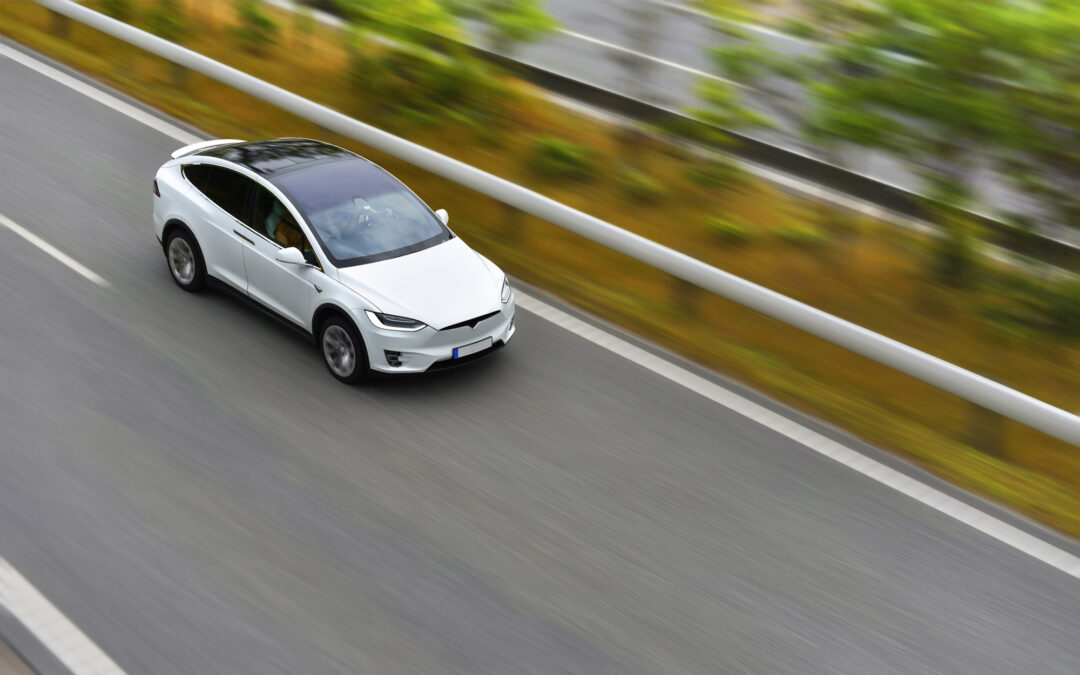The transportation industry stands at a crossroads in the era of technological evolution and environmental consciousness. As the world seeks sustainable solutions to mitigate carbon emissions and combat climate change, the spotlight is shining on fleet vehicles. In particular, there’s a debate between traditional combustion engine vehicles and their electric counterparts.
While both have their merits, the transition to electric fleet vehicles is gaining momentum, driven by factors like lower operating costs, environmental benefits, and technological advancements. In this article, we’ll compare traditional and electric fleet vehicles, shedding light on crucial aspects such as costs, fuel efficiency, maintenance, and tax incentives.
Cost Considerations
One of the primary concerns for fleet managers is the total cost of ownership (TCO) over the lifespan of vehicles. Traditionally, the upfront cost of electric vehicles (EVs) has been higher than that of their internal combustion engine (ICE) counterparts. However, this is rapidly changing due to advancements in battery technology and economies of scale in production.
In recent years, the cost of EVs has been declining steadily, making them increasingly competitive with ICE vehicles. EVs often emerge as the more cost-effective option when considering TCO. This is attributed to lower operating costs stemming from the significantly reduced cost of electricity compared to gasoline or diesel.
Fuel Costs
Fuel costs represent a substantial portion of operating expenses for fleet vehicles. In this regard, electric fleet vehicles hold a distinct advantage over their traditional counterparts. Electricity prices are generally more stable and less prone to fluctuations than fossil fuel prices. EVs are inherently more energy efficient, with electric motors converting a higher percentage of energy from the battery into propulsion than internal combustion engines.
The increasing availability of charging infrastructure coupled with the adoption of renewable energy sources further enhances the fuel cost attractiveness of electric fleet vehicles. Fleet operators can use off-peak charging rates and renewable energy tariffs to optimize expenses.
Maintenance Costs
Another significant factor to consider is maintenance costs over the vehicle’s lifespan. Traditional ICE vehicles have intricate mechanical systems prone to wear and tear, requiring regular maintenance and repairs. Conversely, electric vehicles have fewer moving parts, reducing maintenance requirements and downtime. EVs do not require oil changes, spark plug replacements, or transmission servicing, which are common in ICE vehicles. Furthermore, regenerative braking systems in EVs extend the lifespan of brake pads and reduce maintenance frequency.
While replacement costs for EV batteries have been a concern, advancements in battery technology have led to increased longevity and decreased costs. Additionally, many manufacturers offer warranties and battery replacement programs.
Tax Incentives
Governments worldwide are incentivizing the adoption of electric vehicles through various tax incentives and subsidies. These aim to accelerate the transition to cleaner transportation and reduce greenhouse gas emissions. Fleet managers stand to benefit significantly from these incentives, which can substantially offset the upfront costs of electric fleet vehicles.
Tax incentives for EVs often include rebates, tax credits, reduced registration fees, and exemptions from certain taxes. These incentives make EVs more affordable upfront and contribute to long-term cost savings, enhancing the attractiveness of electric fleet vehicles.
Environmental Impact
Beyond economic considerations, the environmental impact is a crucial aspect when comparing traditional and electric fleet vehicles. Transportation is a significant contributor to air pollution and carbon emissions, exacerbating climate change and impacting public health. Electric fleet vehicles produce zero tailpipe emissions, significantly reducing air pollution and greenhouse gas emissions. Moreover, as the grid continues to decarbonize and transition towards renewable energy sources, the environmental benefits of electric vehicles are further amplified.
By transitioning to electric fleet vehicles, organizations demonstrate their commitment to sustainability and environmental stewardship, aligning with global efforts to combat climate change and reduce reliance on fossil fuels.
Looking to switch to EVs? Access the Texas BuyBoard to see what could work for your fleet today.
Signs You Need Electric Fleet Vehicles
If you notice any of the following signs, consider an energy-efficient alternative:
- Escalating Fuel Costs: If your fleet’s fuel expenses are steadily increasing, transitioning to electric vehicles can offer significant long-term savings due to the stability and lower cost of electricity.
- High Maintenance Expenses: Are you experiencing frequent and costly maintenance issues with traditional fleet vehicles? Electric vehicles have fewer moving parts, reducing maintenance requirements and operational expenses.
- Environmental Regulations: With increasing pressure to reduce carbon emissions and comply with environmental regulations, electric fleet vehicles offer a sustainable solution to minimize your environmental footprint and demonstrate corporate responsibility.
- Tax Incentives: Take advantage of government incentives and subsidies for electric vehicle adoption, including rebates, tax credits, and reduced registration fees, to offset upfront costs and maximize long-term savings.
- Urban Operations: Electric vehicles are well-suited for urban environments with short to medium-range driving requirements. If your fleet primarily operates in cities or urban areas, electric vehicles offer enhanced efficiency and reduced emissions, contributing to cleaner air and improved public health.
- Corporate Sustainability Goals: Aligning with corporate sustainability goals and initiatives is important for businesses. Transitioning to electric fleet vehicles demonstrates a commitment to environmental stewardship and positions your organization as a leader in sustainable transportation practices.
Partner With Lonestar Integrated Solutions for Electric Fleet Vehicle Success
Partner with Lonestar Integrated Solutions to seamlessly integrate electric fleet vehicles into your operations. We specialize in comprehensive planning, engineering, and installations for your specific needs. Whether you’re considering a fleet conversion or expansion, we ensure success at every process stage.
Trust us to navigate the process of transitioning to electric vehicles, from the initial assessment to the final installation. With our guidance, your transition to electric fleet vehicles will be efficient, cost-effective, and environmentally sound. Contact us today for a sustainable fleet solution.

